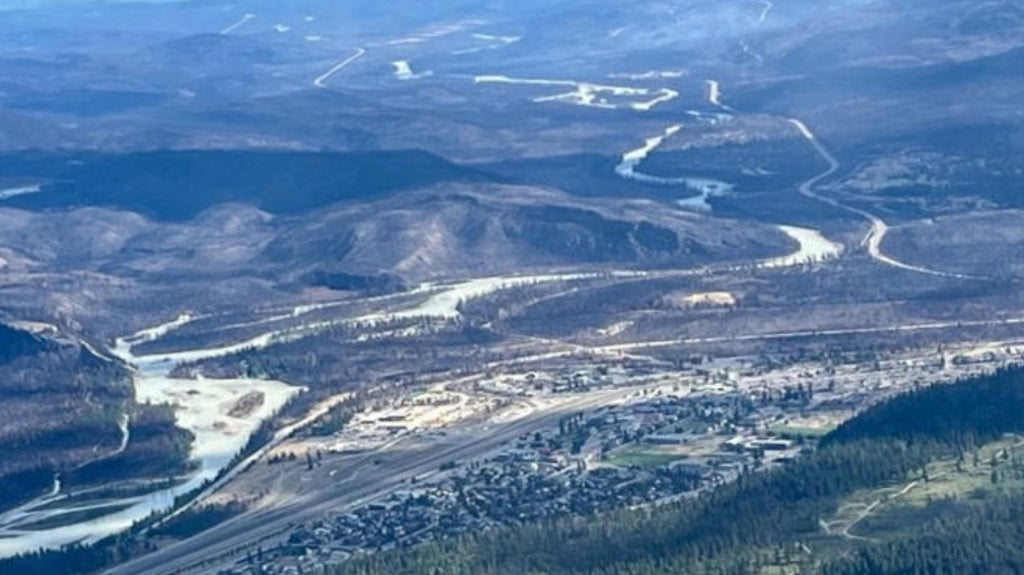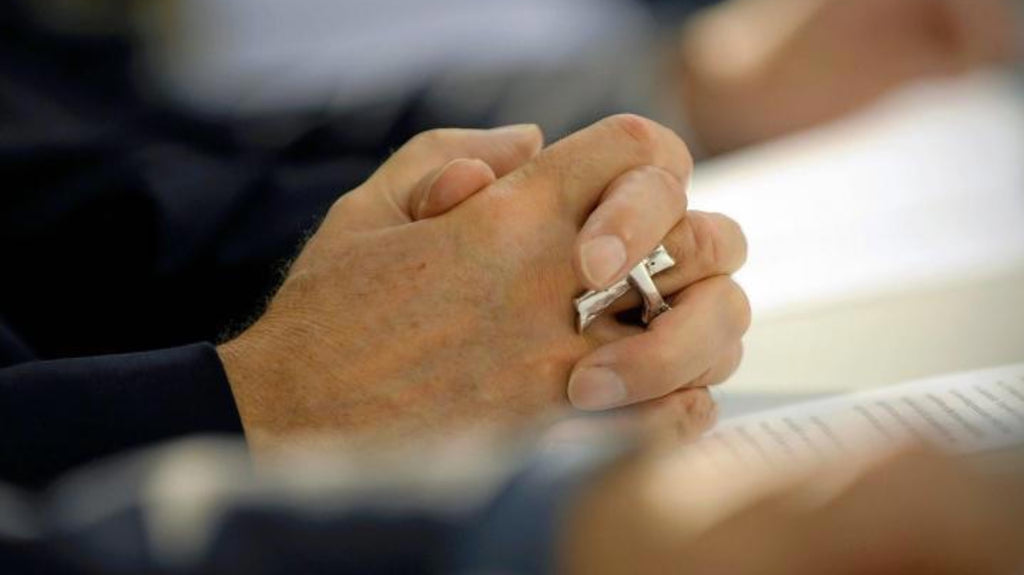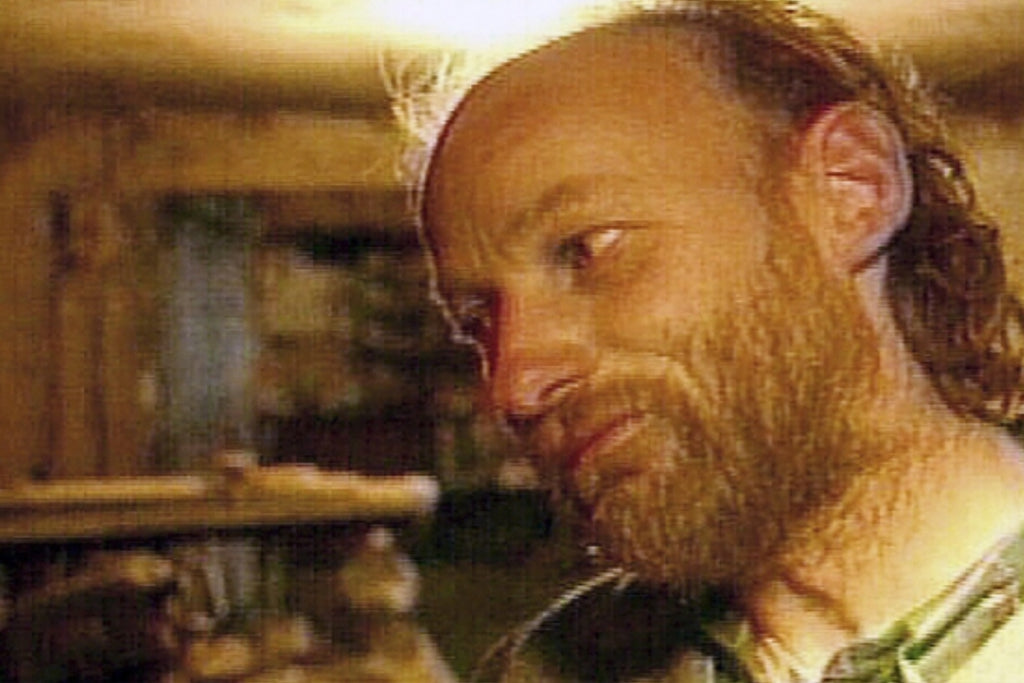Canada: Prime Minister Justin Trudeau announces his resignation
Steph Deschamps / January 8, 2025

Weakened by rock-bottom popularity and dropped by his Liberal camp, Justin Trudeau resigned as party leader on Monday, January 6, and will remain Prime Minister until a new leader is chosen.
The issue was not whether Justin Trudeau, who has been in power in Canada for 10 years, would resign, but when. On Monday, January 6, 2025, he announced that he would step down as leader of the Liberal Party, but would remain Prime Minister to give his party time to find a replacement, who would automatically take his place as head of government. According to the Liberal Party statutes, this could take several weeks. “I intend to resign as party leader and prime minister once the party has chosen a new leader,” said Justin Trudeau in a speech.
The pressure was too great. Firstly, from public opinion. Suffering for months from a low popularity rating (less than 30% in favor), he was considered responsible for the country's high inflation and the crisis in housing and public services. With the right-wing opposition rising in the polls, the Trudeau Liberals have in recent months turned the tide to the right, stepping up restrictions aimed at containing immigration levels that have pushed the population to over 41 million by 2024, compared with around 35 million ten years ago. For him and his government, high levels of immigration would put a strain on the housing sector, the job market and social services.
Then there was political pressure. The first blow came in September with the end of the alliance between Trudeau's Liberal Party and the left-wing New Democratic Party. “The Liberals are too weak, too selfish and too close to the ultra-rich to fight for the people,” commented NDP leader Jagmeet Singh.
Since then, Trudeau's government has narrowly survived a series of no-confidence votes. Calls for his resignation, hitherto made only by the right-wing opposition, are now being heard in his own camp. The final blow came from one of his loyalists: Chrystia Freeland. Disagreeing with Justin Trudeau on how to handle the looming economic war with the United States (Donald Trump has promised to impose 25% tariffs on Canada), the Deputy Prime Minister resigned with a bang on December 16. Her departure forced Justin Trudeau to reshuffle a third of his government three days later.
This political crisis delights Donald Trump, president-elect of the United States, who will be inaugurated on January 20. The American billionaire has taken humiliating swipes at Justin Trudeau on social networks, repeatedly calling him “Governor” of Canada.
The announcement of Justin Trudeau's resignation comes just a few months before the next general election, scheduled for the end of October. Justin Trudeau, who has always announced his intention to run for re-election, is more than 20 points behind his right-wing Conservative rival, Pierre Poilievre, who is close to Donald Trump.




